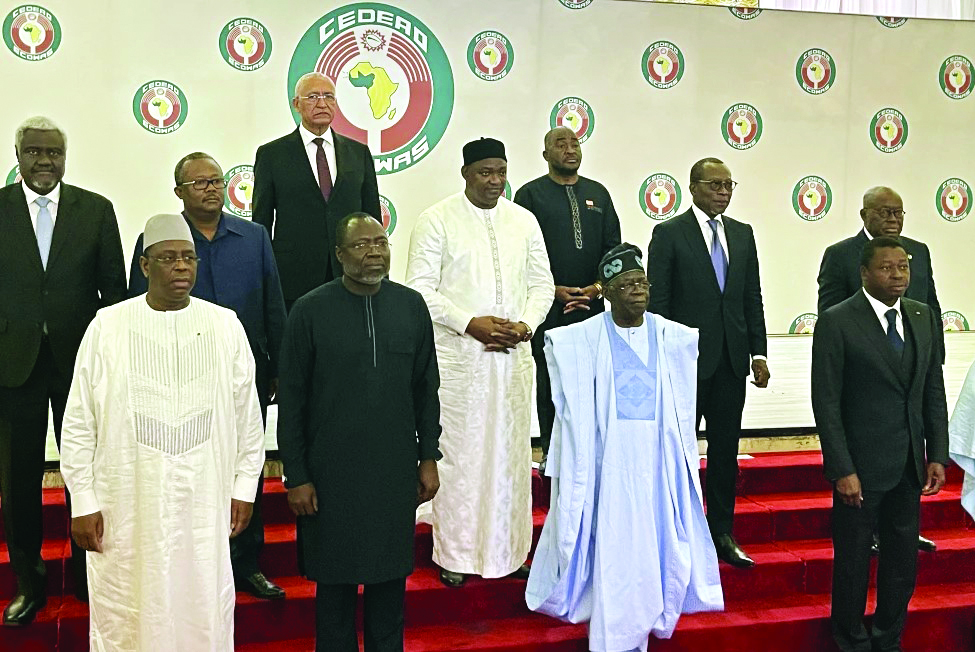West African nations demand Niger’s Prez to be reinstated
Countries threaten to use force if the democratically elected President is not back within a week

West African nations have given Niger’s coup leaders one week to reinstate the country’s democratically elected president and have threatened to use force if the demands aren’t met.
The announcement came at the end of an emergency meeting of West African countries Sunday in Nigeria, where the regional bloc, known as ECOWAS, convened to respond to last week’s military takeover. President Mohamed Bazoum remains under house arrest and has yet to resign.
“In the event the authority’s demands are not met within one week, (the bloc will) take all measures necessary to restore constitutional order in the Republic of Niger. Such measures may include the use of force,” said the statement.
The bloc also imposed strict sanctions, including suspending all commercial and financial transactions between ECOWAS member states and Niger and freezing of assets in regional central banks.
Economic sanctions could have a deep impact on Nigeriens, who live in the third-poorest country in the world, according to the latest U.N. data. The country relies on imports from Nigeria for up to 90% of its power, according to the International Renewable Energy Agency.
The sanctions could be disastrous and Niger needs to find a solution to avoid them, the country’s Prime Minister Ouhoumoudou Mahamadou told French media outlet Radio France Internationale on Sunday.
“When people say there’s an embargo, land borders are closed, air borders are closed, it’s extremely difficult for people ... Niger is a country that relies heavily on the international community,” he said.
The 15-nation ECOWAS bloc has unsuccessfully tried to restore democracies in nations where the military took power in recent years. Four nations are run by military governments in West and Central Africa, where there have been nine successful or attempted coups since 2020.
In the 1990s, ECOWAS intervened in Liberia during its civil war. In 2017, it intervened in Gambia to prevent the new president’s predecessor, Yahya Jammeh, from disrupting the handover of power. Around 7,000 troops from Ghana, Nigeria, and Senegal entered, according to the Global Observatory, which provides analysis on peace and security issues.
If the regional bloc uses force, it could trigger violence not only between Niger and ECOWAS forces but also civilians supporting the coup and those against it, Niger analysts say. “While this remains to be a threat and unlikely action, the consequences on civilians of such an approach if putschists chose confrontation would be catastrophic,” said Rida Lyammouri, senior fellow at the Policy Center for the New South, a Morocco-based think tank.
Lyammouri also said he does not see a “military intervention happening because of the violence that could trigger.”
US Secretary of State Antony Blinken commended ECOWAS’ leadership Sunday to “defend constitutional order in Niger” after the sanctions announcement, and joined the bloc in calling for the immediate release of Bazoum and his family.
The military junta, which seized power on Wednesday when members of the presidential guard surrounded Bazoum’s house and detained him, is already cracking down on the government and civil liberties.
On Sunday evening it arrested four government officials, including Mahamane Sani Mahamadou, the minister of petroleum and son of former President Mahamadou Issoufou; Kassoum Moctar, minister of education; Ousseini Hadizatou Yacouba, the minister of mines, and Foumakoye Gado, the president of the ruling party.



